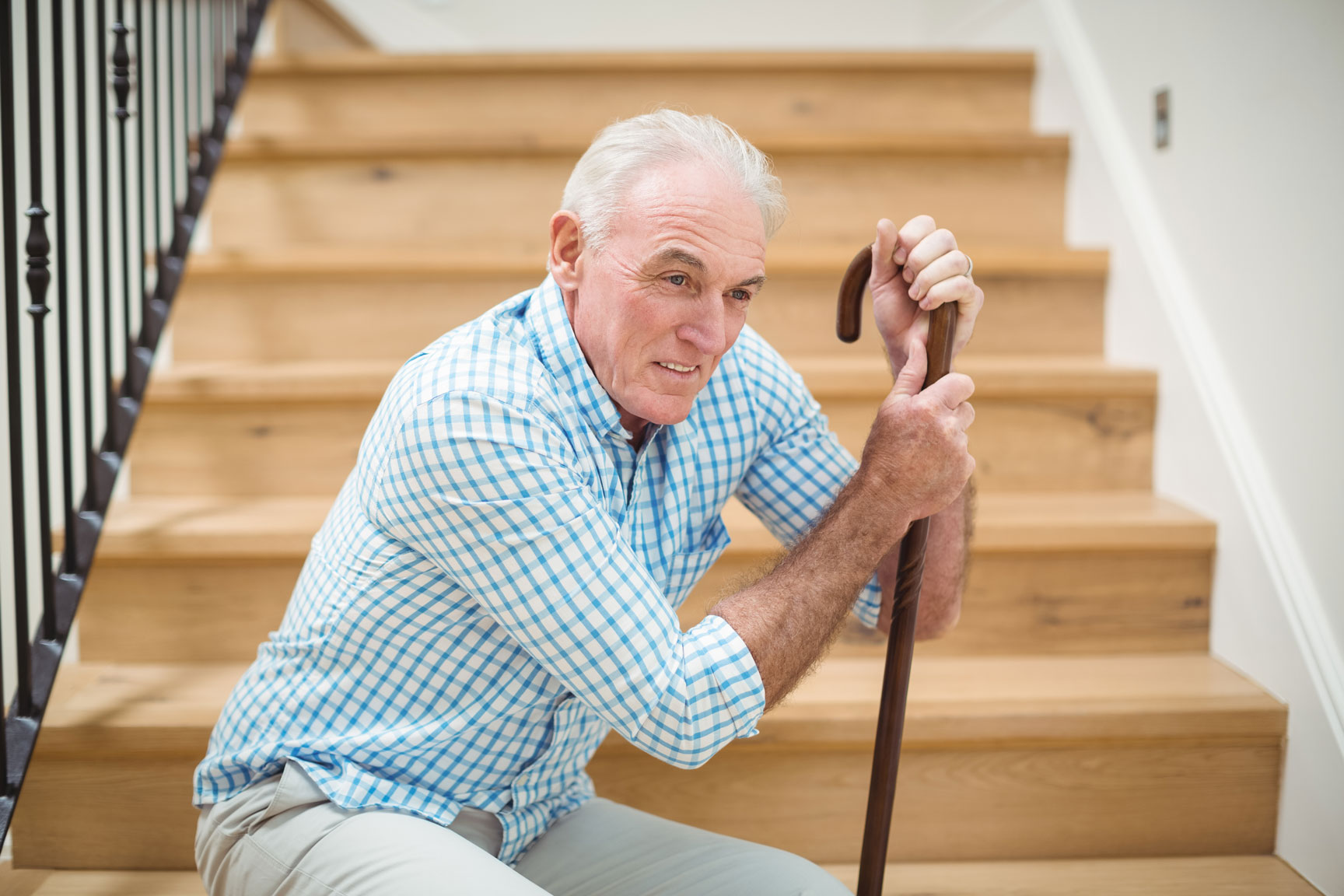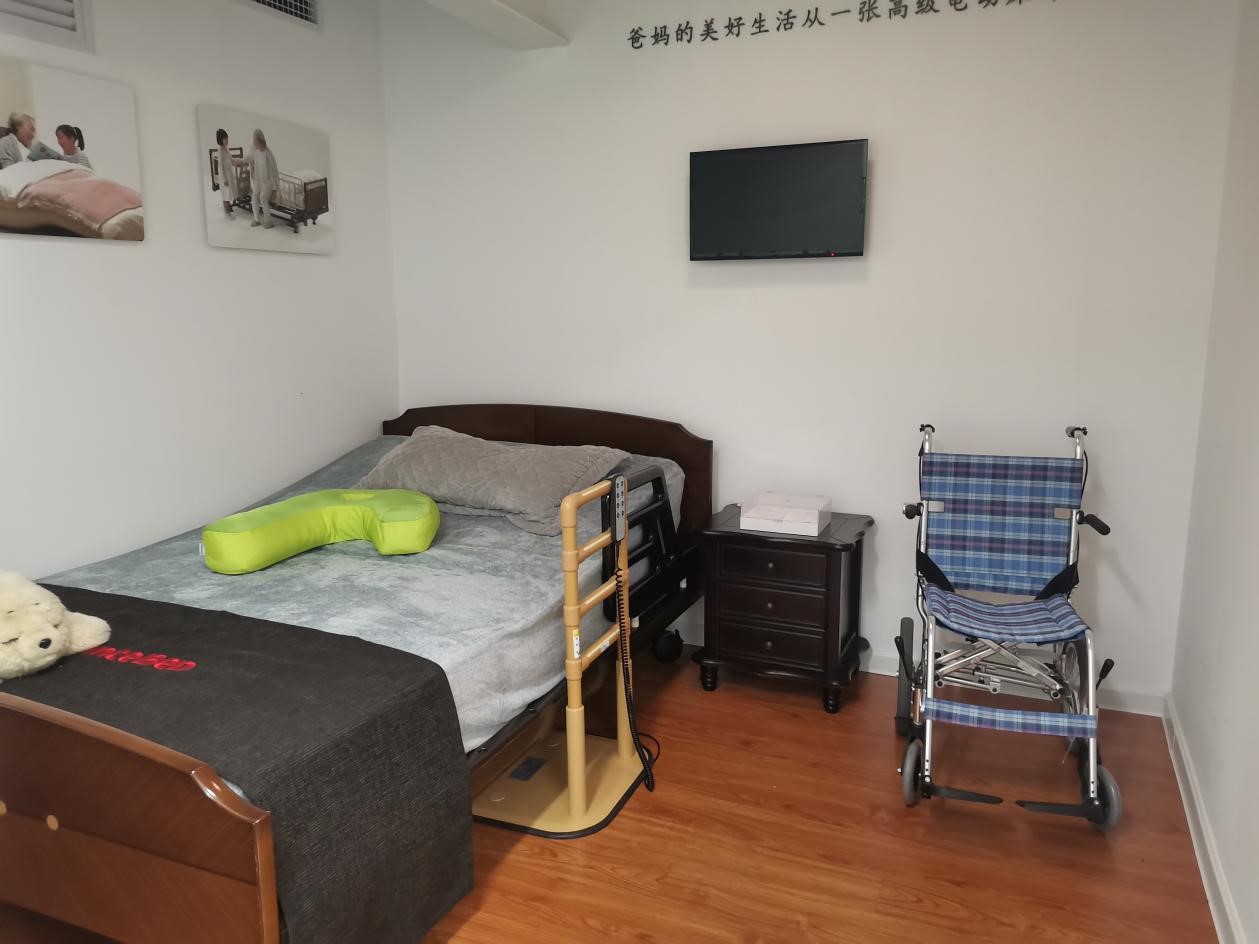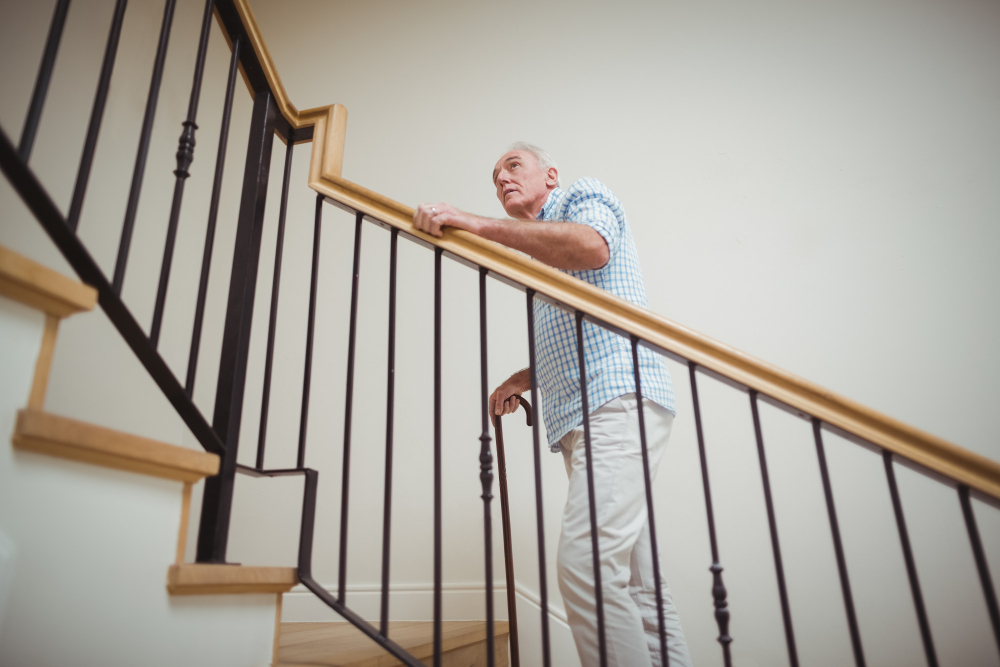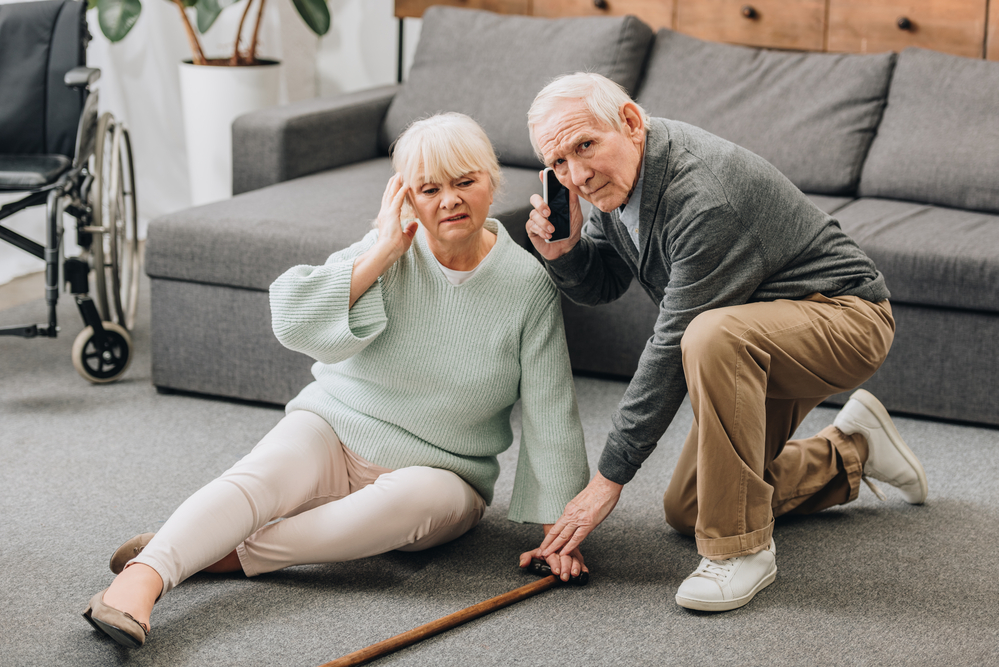In today’s rapidly advancing world of technology, the importance of health monitoring devices is becoming more pronounced, especially for family caregivers. Two prominent types of devices in this realm are fall detection systems and fitness trackers. Understanding the distinctions between these two can aid in making informed choices that best cater to the needs of loved ones.

Understanding Fall Detection Systems
Fall detection systems are primarily designed to identify falls, a significant concern for the elderly. These systems can automatically send alerts to emergency contacts, ensuring timely assistance. This technology is crucial, given that falls are a leading cause of injury among older adults. According to the CDC, falls are the leading cause of injury-related death among adults aged 65 and older.
How Do Fall Detection Systems Work?
These systems typically use sensors to detect sudden movements that resemble a fall. When a potential fall is detected, the device sends an alert to a pre-set emergency contact. For more insights on how these systems operate, you can explore our detailed article on fall detection linked to emergency contacts.
Fitness Trackers: A Broad Overview
On the other side of the spectrum, fitness trackers are designed to monitor a wide range of health metrics. These include steps taken, heart rate, calories burned, and even sleep patterns. While they are not specifically designed for fall detection, they offer insights into overall health and activity levels, which can indirectly contribute to fall prevention.
Comparing the Features
1. Purpose and Functionality
While both devices promote health and safety, their core purposes differ. Fall detection systems are focused on immediate safety, providing peace of mind for caregivers. On the other hand, fitness trackers aim to enhance overall well-being by encouraging a healthier lifestyle.
2. Accuracy and Reliability
When it comes to accuracy, it’s essential to understand the limitations of each device. Fall detection systems can sometimes trigger false alarms, but advancements are continually improving their reliability. For more information on this, check our article on fall detection reliability.
3. Cost Considerations
Generally, fitness trackers are more affordable compared to fall detection systems. However, the value of a fall detection system lies in its ability to potentially save lives by ensuring immediate assistance during emergencies.
4. User-Friendliness
Both devices are designed with user-friendliness in mind, but the simplicity of a fitness tracker often appeals to a broader audience. In contrast, fall detection devices may require more specific settings to cater to individual needs.
Integration and Compatibility
Today’s technological landscape allows for integration between different devices. Some fitness trackers now include basic fall detection features, providing a hybrid solution for users. However, dedicated fall detection devices remain the most reliable for this specific function. For more on how technology is transforming elderly care, visit smart elderly care solutions.
Choosing the Right Device for Your Needs
The choice between a fall detection system and a fitness tracker largely depends on individual needs. For those specifically concerned about falls, especially among seniors, a dedicated fall detection device is recommended. Meanwhile, fitness enthusiasts or those seeking a general health monitor might find a fitness tracker more suitable.
Potential Drawbacks and Limitations
While both devices offer significant benefits, they also have limitations. Understanding these can help set realistic expectations. For instance, fitness trackers may not always provide accurate health metrics, and fall detection systems can sometimes misinterpret sudden movements as falls.
The Role of Technology in Modern Caregiving
Technology has become an integral part of caregiving, providing tools that enhance safety and well-being. Devices like fall detection systems and fitness trackers are just the beginning of what technology can offer. For more on the safety aspects of fall detection devices, see our piece on fall detection safety for seniors.

Frequently Asked Questions (FAQs)
1. Can a fitness tracker detect falls?
While some advanced fitness trackers have basic fall detection features, they are not as reliable as dedicated fall detection systems.
2. Are fall detection systems worth the investment?
For individuals at high risk of falls, these systems provide peace of mind and can be life-saving, making them a worthwhile investment.
3. How can I decide which device is right for me?
Consider your primary needs. If fall prevention is a significant concern, opt for a fall detection system. For general health monitoring, a fitness tracker might suffice.
In conclusion, both fall detection systems and fitness trackers play vital roles in promoting health and safety. By understanding their distinct features and benefits, caregivers can make informed decisions that best support their loved ones.
This article contains affiliate links. We may earn a commission at no extra cost to you.






